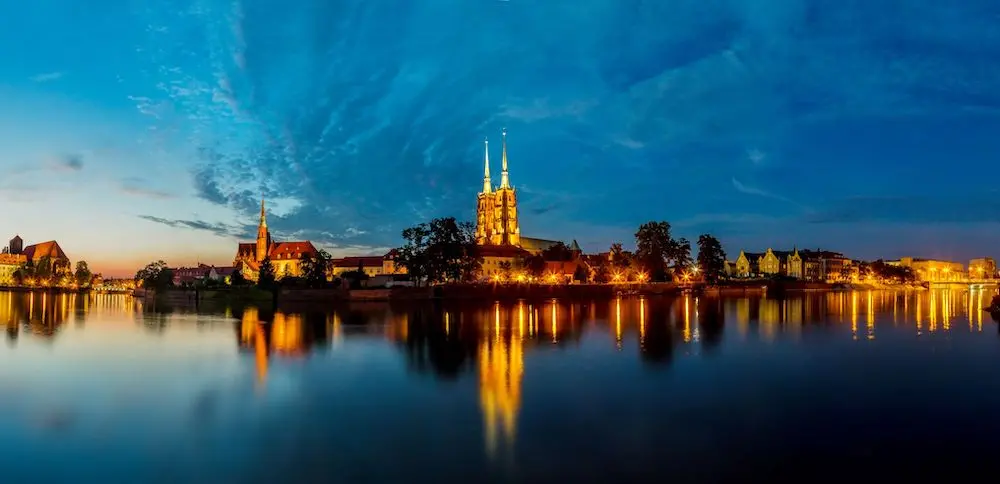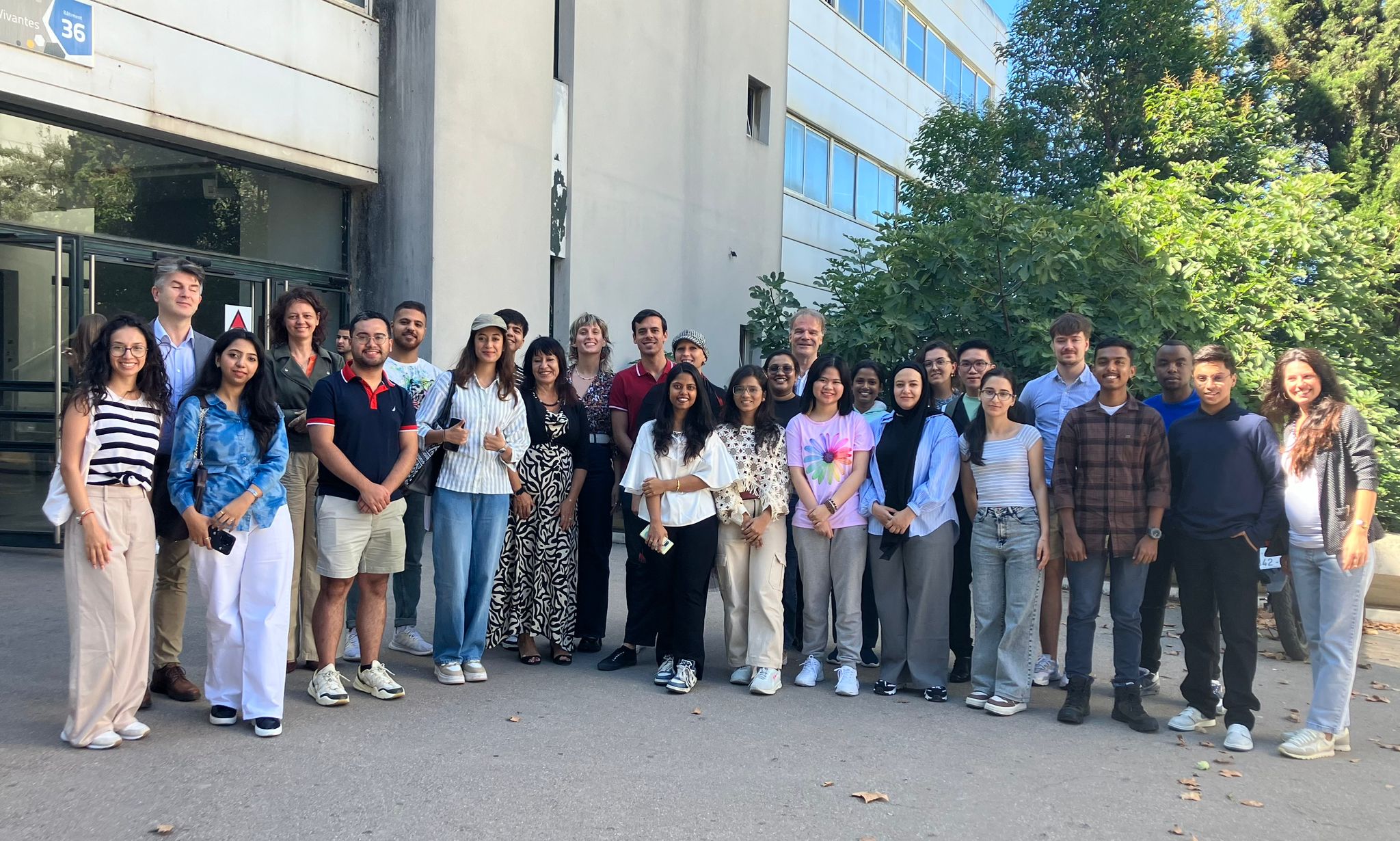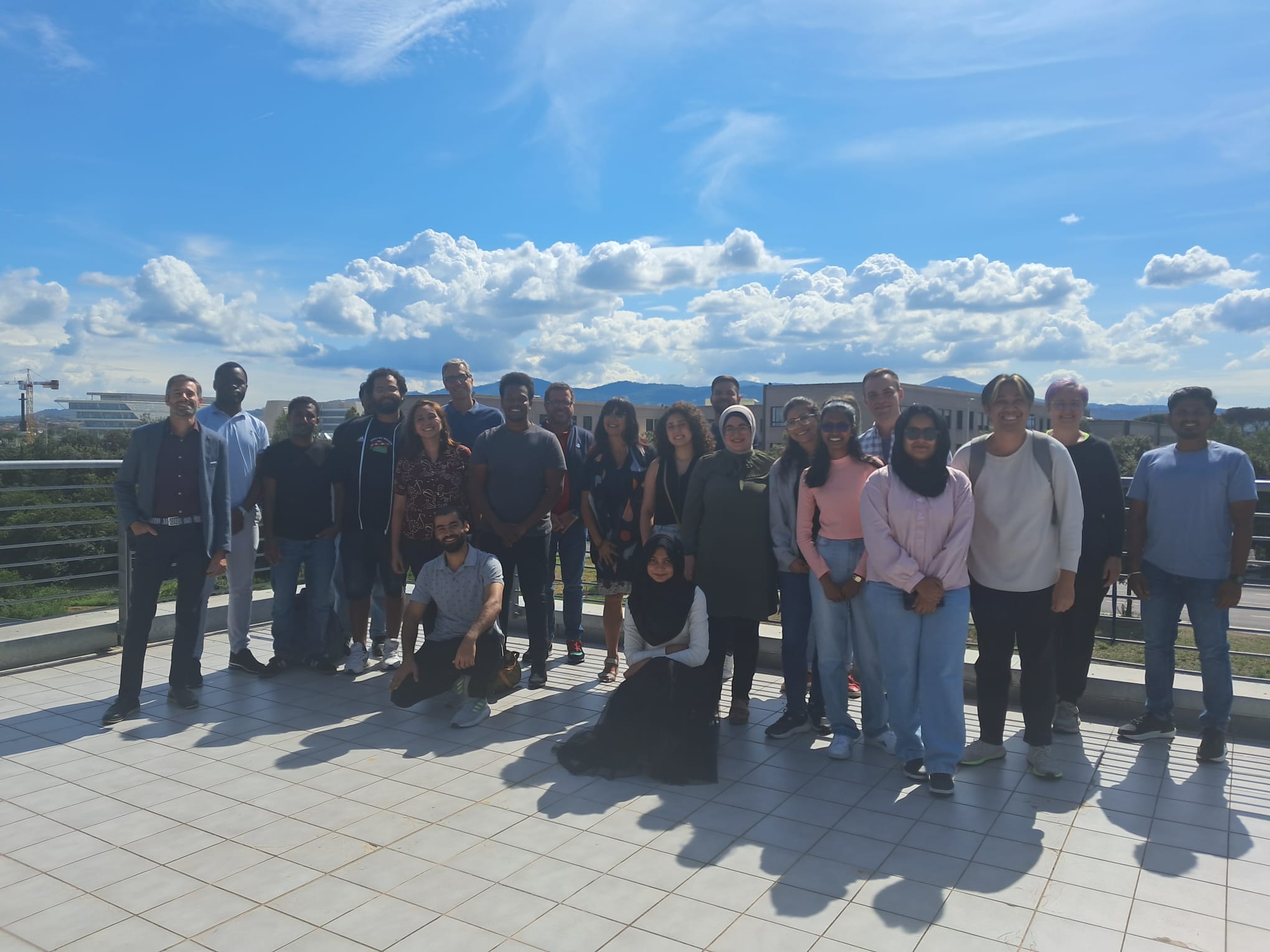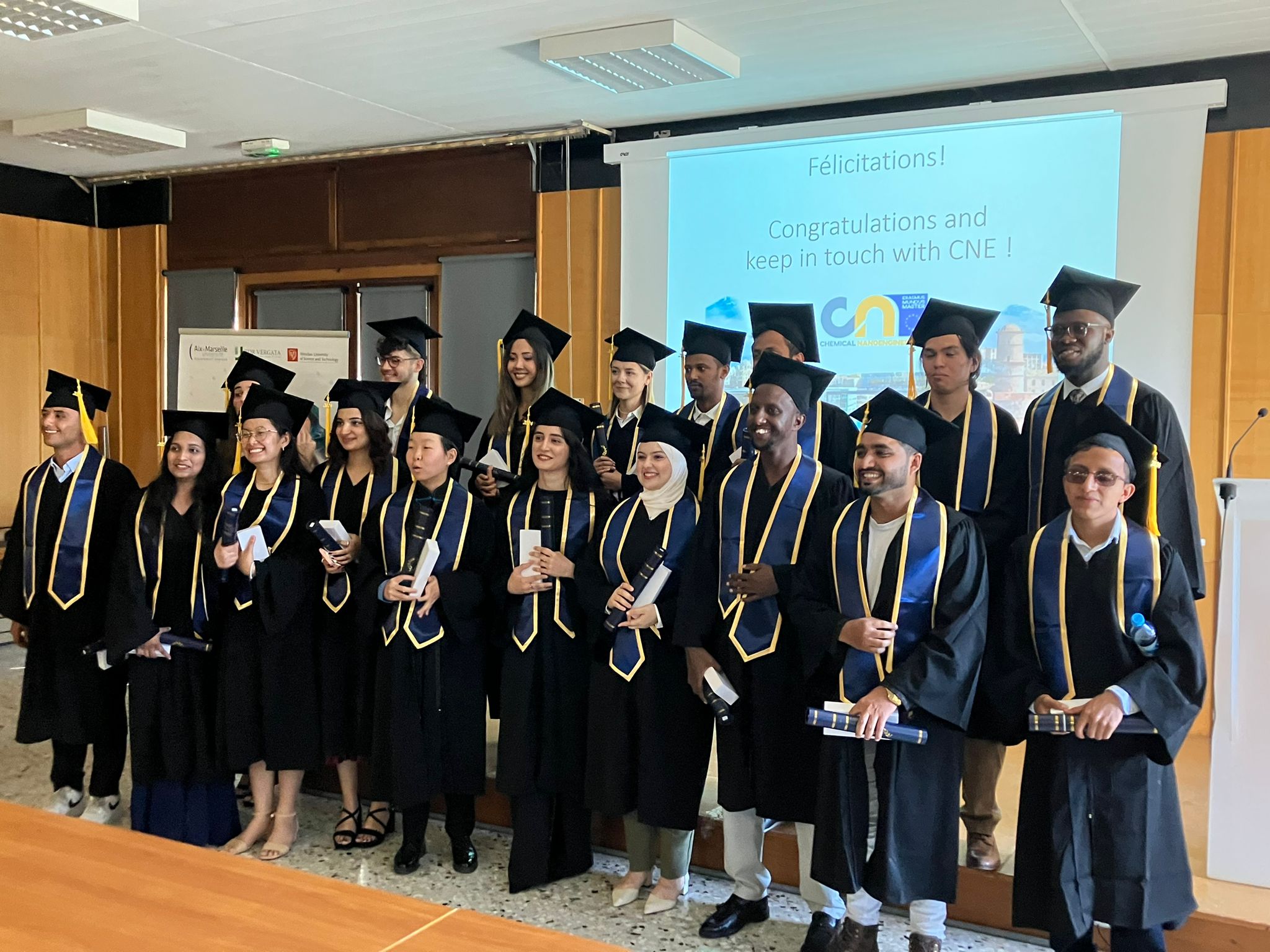
2019: RASPA Workshop

Course schedule
Day 1
AM Lectures:
8.30-9.00, Registration
9.00-10.00, (Sofia Calero) Introduction to the course, introduction to the field of molecular simulation. Introduction to simulations: classical simulations, periodic boundary conditions, force fields (electrostatics, VDW interactions, intramolecular interactions).
Coffee-break
10.30-11.30, (Randall Snurr) Simulation setup and measuring properties. Introduction to simulation research of nanoporous materials, description of frameworks (IZA, CoRE MOF), simple calculations of pore volume, surface area, blocking pockets.
11.30-12.30, (David Dubbeldam) Overview of the RASPA code, showing the manual, demo running RASPA, iRASPA for linux, demo of the linux live-usb environment.
LUNCH
PM Practical Exercises:
13.30-17.00 with coffee-break
Monte Carlo of methane in a box.
Investigating framework structures.
Methane in LTA-type zeolite.
Energy distributions of methane and CO2 in LTA and MFI
Where is the CO2 located in LTA-type zeolite?
Day 2
AM Lectures:
9.00-10.00, (Randall Snurr) Molecular dynamics (MD) simulation, solving Newton’s equations of motion, NVE and NVT (thermostats).
Coffee-break
10.30-11.30, (Sofia Calero) NPT-MD and other ensembles, computing dynamic properties (e.g. diffusion), TST-methodology for rare-events.
11.30-12.30, (David Dubbeldam) Visualization (for RASPA with VTK), plotting (gnuplot, plotting output of RASPA), and custom input for RASPA.
LUNCH
PM Practical Exercises:
13.30-17.00 with coffee-break
Radial distribution functions (RDF) in a fluid.
Self-diffusion in a fluid.
Self- and collective diffusion of methane in MFI.
Self- and collective diffusion of methane in LTA.
Transition State Theory (TST) for slow diffusion (methane in LTA).
Day 3
AM Lectures:
9.00-10.00, (Randall Snurr) Monte Carlo (MC) simulation, NVT-MC, basic level, Markov chains.
Coffee-break
10.30-11.30, (Thijs Vlugt) Gibbs and grand-canonical MC, computing isotherms, mixtures, converting fugacity and pressure, IAST.
11.30-12.30, (Thijs Vlugt) Advanced MC techniques, CBMC and CFCMC, use of biasing to enhanced sampling for “difficult systems”.
LUNCH
PM Practical Exercises:
13.30-17.00 with coffee-break
Gibbs simulation of Vapor-Liquid Equilibrium (VLE) of CO2.
Computing the helium void-fraction.
Computing adsorption isotherm of CO2 in LTA-type zeolite.
Computing adsorption isotherms of CO2 in LTA-type zeolite using advanced methods (CFCMC).
Advanced simulations of ionic liquids.
Day 4
AM Lectures (Thursday 28 June, 9:00-12:30), Research Highlights:
9.00-9.45, (David Dubbeldam) Demo iRASPA for macOS, GPU-accelerated visualization software for material scientists.
9.45-10.30, (Thijs Vlugt) Reactive MC in fluids and use of expanded ensembles.
Coffee-break
11.00-11.45, (Sofia Calero) Force field development.
11.45-12.30, (Randall Snurr) Diffusion in nanoporous materials.




This Post Has 0 Comments